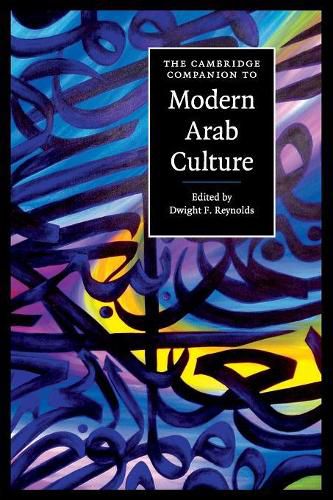Readings Newsletter
Become a Readings Member to make your shopping experience even easier.
Sign in or sign up for free!
You’re not far away from qualifying for FREE standard shipping within Australia
You’ve qualified for FREE standard shipping within Australia
The cart is loading…






Dwight F. Reynolds brings together a collection of essays by leading international scholars to provide a comprehensive and accessible survey of modern Arab culture, from the early nineteenth to the twenty-first century. The chapters survey key issues necessary to any understanding of the modern Arab World: the role of the various forms of the Arabic language in modern culture and identity; the remarkable intellectual transformation undergone during the ‘Nahda’ or ‘Arab Renaissance’ of the late nineteenth and early twentieth century, the significant role played by ethnic and religious minorities, and the role of law and constitutions. Other chapters on poetry, narrative, theatre, cinema and television, art, architecture, humour, folklore, and food offer fresh perspectives and correct negative stereotypes that emerge from viewing Arab culture primarily through the lens of politics, terrorism, religion, and economics.
$9.00 standard shipping within Australia
FREE standard shipping within Australia for orders over $100.00
Express & International shipping calculated at checkout
Dwight F. Reynolds brings together a collection of essays by leading international scholars to provide a comprehensive and accessible survey of modern Arab culture, from the early nineteenth to the twenty-first century. The chapters survey key issues necessary to any understanding of the modern Arab World: the role of the various forms of the Arabic language in modern culture and identity; the remarkable intellectual transformation undergone during the ‘Nahda’ or ‘Arab Renaissance’ of the late nineteenth and early twentieth century, the significant role played by ethnic and religious minorities, and the role of law and constitutions. Other chapters on poetry, narrative, theatre, cinema and television, art, architecture, humour, folklore, and food offer fresh perspectives and correct negative stereotypes that emerge from viewing Arab culture primarily through the lens of politics, terrorism, religion, and economics.